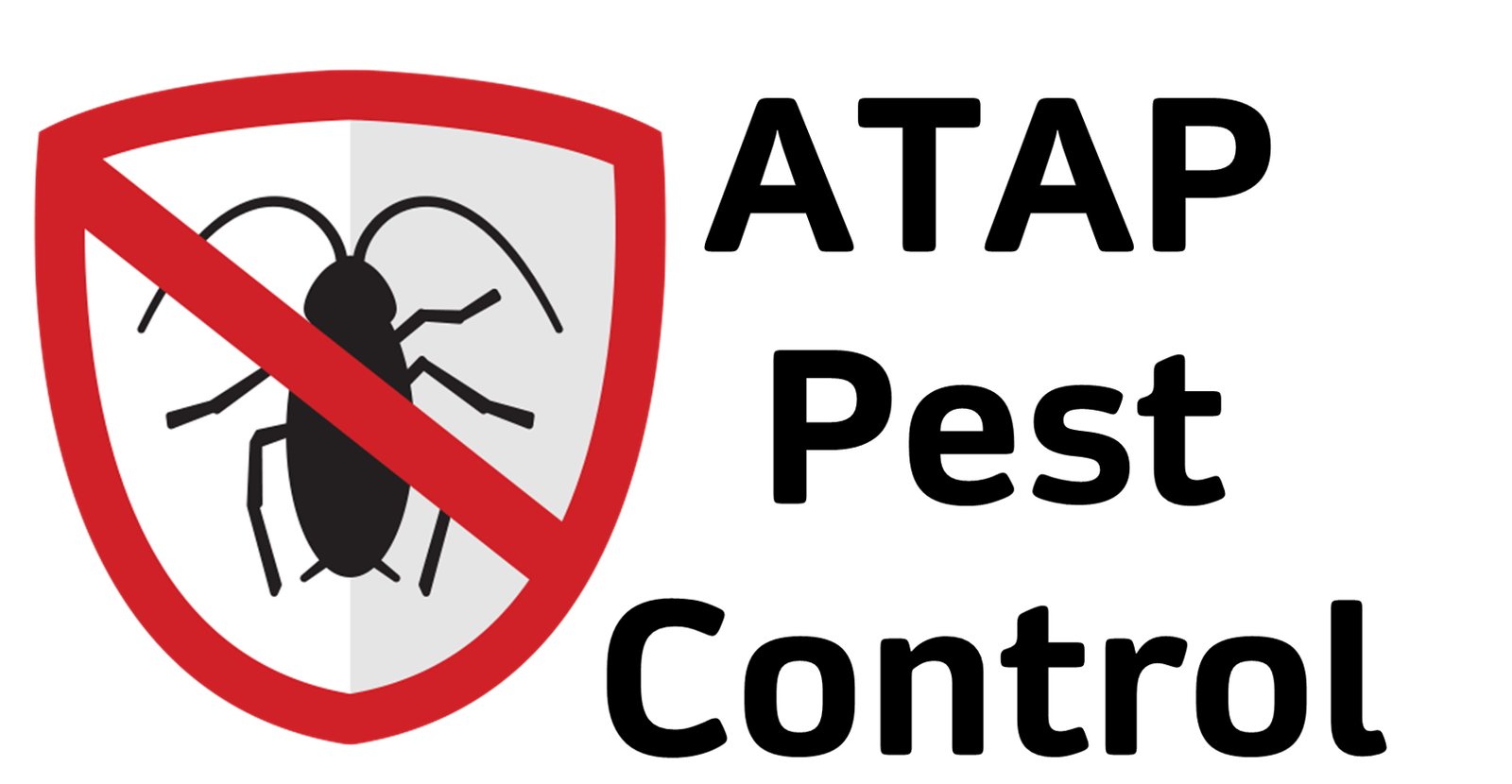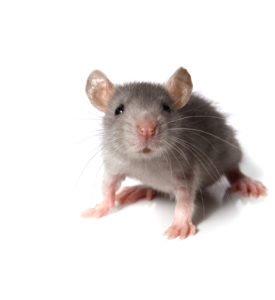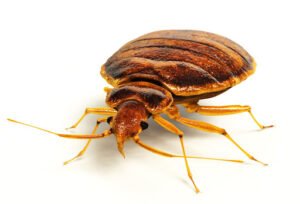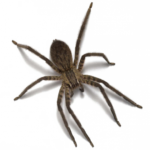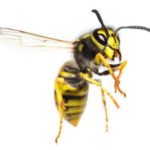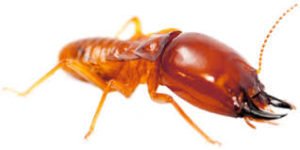ALL THINGS ARE POSSIBLE PEST CONTROL
FAMILY OWNED EXTERMINATING COMPANY
Pest Control Lansing, IL
We treat your home for pest as if we lived there.
pest control services near me
Pest Control Cost
Most pest issues we can diagnose and quote over the phone.
Emergency Pest Control
Don't sleep in your car or get a hotel room, call us and we will get that problem pest exterminated!
Certified, Trained Pest Control Technicians
Every pest technician is background checked and drug screened Intensive initial training and annual exterminating training.
Pest control Services
Local Pest Experts Near You
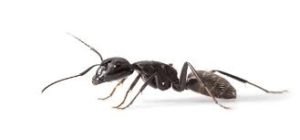
Household Bug Extermination
- Ants extermination
- Roaches exterminator
- Spiders extermination
- Silverfish
- & More
ATAP Pest Control of Lansing IL is a full service pest control and property maintenance company based in Chicagoland. We offer pest management services to residential, commercial, and industrial clients. We will eradicate your home or business of mice, rats, bed bugs, cock roaches, ants, beetles, spiders, centipedes, moths, fruit flies, stinging insects, and a number of other pests. We even offer exterminating solutions for particularly challenging infestations. Our trusted team of professionals will work hard to assist you in resolving your pest problem quickly, and at a very reasonable price.
ATAP Exterminator Lansing, IL. We have the experience, equipment, and expertise to remove pests the first time, and work with owners and tenants to proactively maintain and protect their property from potential pest issues. We strive to use green and eco-friendly products whenever possible and provide treatment options that are safe for people and pets.
